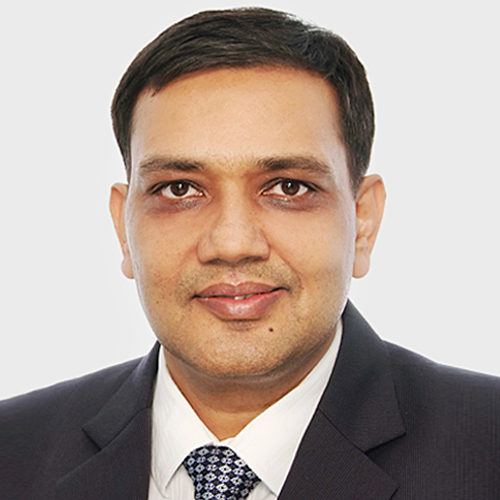Global wealth swung back to growth, expanding by 4.2% in 2023 to offset the 3% contraction in the previous year, a new report finds.
The bounce back was driven by growth in Europe, the Middle East and Africa (EMEA) at 4.8% as well as in Asia-Pacific (APAC) at 4.4%, Swiss banking giant UBS says in the latest edition of its annual Global Wealth Report.
Moreover, as inflation slowed, real growth exceeded nominal growth, resulting in inflation-adjusted global wealth growing by nearly 8.4%.
Although global wealth has been on a steady upwards trajectory since 2008, the pace of growth has lost steam in almost all markets. Adults in EMEA were the wealthiest on average (US$166,000), followed by APAC (US$156,000), and the Americas (US$146,000). However, the average wealth of adults in EMEA grew at the slowest pace since 2008 at around 41%.
Overall, wealth has grown fastest in APAC – by nearly 177% since 2008 – and has been accompanied by significant spike in debt, which has grown by over 192% in the same timeframe, the report says.
When it comes to individual markets, Switzerland continues to top the list for average wealth per adult, followed by Luxembourg, Hong Kong SAR, and the United States.

The biggest wealth increases in 2023 occurred in Türkiye, Qatar, and Russia, with Türkiye leaving all others behind at a staggering growth of 157%.
Currently, the US has the highest number of USD millionaires, accounting for 38% of the total, followed by mainland China and the United Kingdom.
By 2028, according to the report’s forecast, the number of adults with wealth of over US$1 million will have risen in 52 of the 56 markets analyzed, and is estimated to grow by 50% in Taiwan.
While average wealth is significantly higher than median wealth in almost all markets included in the report’s sample, the United Arab Emirates, Germany, Switzerland, Israel, and Mexico, among others, have shown stronger growth in median compared to average wealth since 2008. This indicates that adults in lower wealth brackets have seen their wealth increase faster than those in higher brackets.
Although inequality has tended to increase over the years in fast-growing markets, it has diminished in several developed mature economies and globally. The number of adults in the lowest wealth bracket is in constant decline, while all others are steadily expanding.
Across every wealth bracket and over any time horizon, it is consistently more likely for people to climb up the wealth ladder than slip down it, according to the report. About one in three individuals moves into a higher wealth band within a decade and, over a 30-year timespan, the chance of escaping the lowest wealth bracket rises to over 60%.
Roughly US$83 trillion is expected to be passed on within the next two decades, the report projects. That is roughly the equivalent of the value of all the economic activity in the global economy in a single year.
Over 10% of this wealth, or about US$9 trillion, will move horizontally between spouses first, before moving to the next generation. In practice, this means a considerable transfer of wealth to women, considering their comparatively higher life expectancy.









